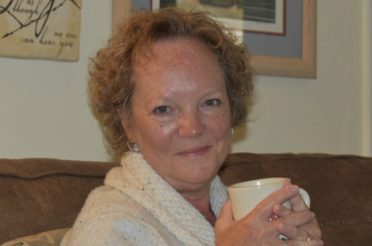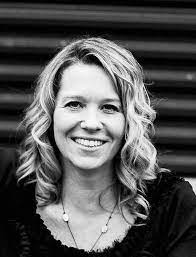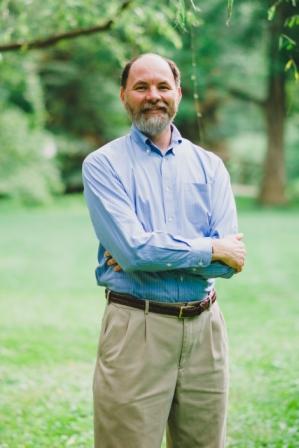By Roger Barbee
Driving out of the cemetery, my wife and I passed the worker’s truck. Parked a respectable distance from the grave site we had just left, it was loaded with the equipment and supplies needed for its work: Shovels, rakes, and folded, green pads that were designed to imitate grass. An attached trailer carried a small backhoe. Soon, after all the friends, family, loved ones, and funeral home employees had left, the workers would drive the truck with its load down the hill to finish the covering of a life. This grave was like all the others in the cemetery, just newer; but also different because it was Paul’s, one of The Greatest Generation.
In 1998 Tom Brokaw published The Greatest Generation, an examination of American’s lives who were born between WW I and WW II. Paul was born in 1926, not many years after the Spanish Flu and WW I, and just in time for the Great Depression. Later, after graduating from high school, he enlisted in the U.S. Army and entered WW II.
The Greatest Generation is called that because they endured the hardships of the Great Depression, then a world at war. But the lessons from the Great Depression and the war are what helped form the character of Americans like Paul. During the Great Depression they learned the value of a strong work ethic, being frugal, and “making do.” During the war they fought, died, sacrificed, and joined forces to defeat an evil so that the world would be a better place. Yet their struggles did not make them bitter or resentful but caring and loving and appreciative of each other and a stable life. All of them, soldiers, ship builders returned home and carried on with their live. Their fight against the evil threatening the world was just what they had to do.
Paul and Jean were the first people we met at FBC of Mooresville. On our first visit, they welcomed us and on the second visit Jean told us, “We’re so glad you returned.” That was over three years ago, but I still recall their kind words and impeccable manner and dress. However, before many Sundays, they stopped attending church for health reasons, but their imprint had been made on my wife and me.
These were my thoughts yesterday as I listened to the minister, sang the songs, and heard the shared memories of a son-in-law. The small, well-dressed man we knew from Sunday Service had helped establish a local church. He had led a full, vibrant life in his beloved community, and he was loved dearly by his family and friends. We had met him late in his life, but as I watched his grandsons tearfully carry his flag-draped casket from the hearse to the grave, I was reminded that while I had met Paul late in his life, I was still fortunate to have known him at all because, even in those waning days, he exhibited courage, loyalty, and sacrifice. His experiences in a depression and war had marked him; however, the mark was not a stain but a badge of honor. Brokaw used the adjective greatest, and that is fine. However, other adjectives such as magnificent, extraordinary, or grand well-describe Paul and his generation. But the adjective is of no matter because Paul and his are The Great Generation.
I suppose that by the time we had arrived home from the service, the workmen had finished their task and Paul had, as King David wrote, “gone the way of the world.” But he and all his generation-the soldiers, the planters of victory gardens, the ship builders, the children who collected metal for the war cause, and more-are honored by those of us who still value honesty, loyalty, sacrifice, and duty to a just cause. They are not “suckers” or “losers” as some think, but lives lived for a common good. They made our world safer and better. We owe them to continue their work.







